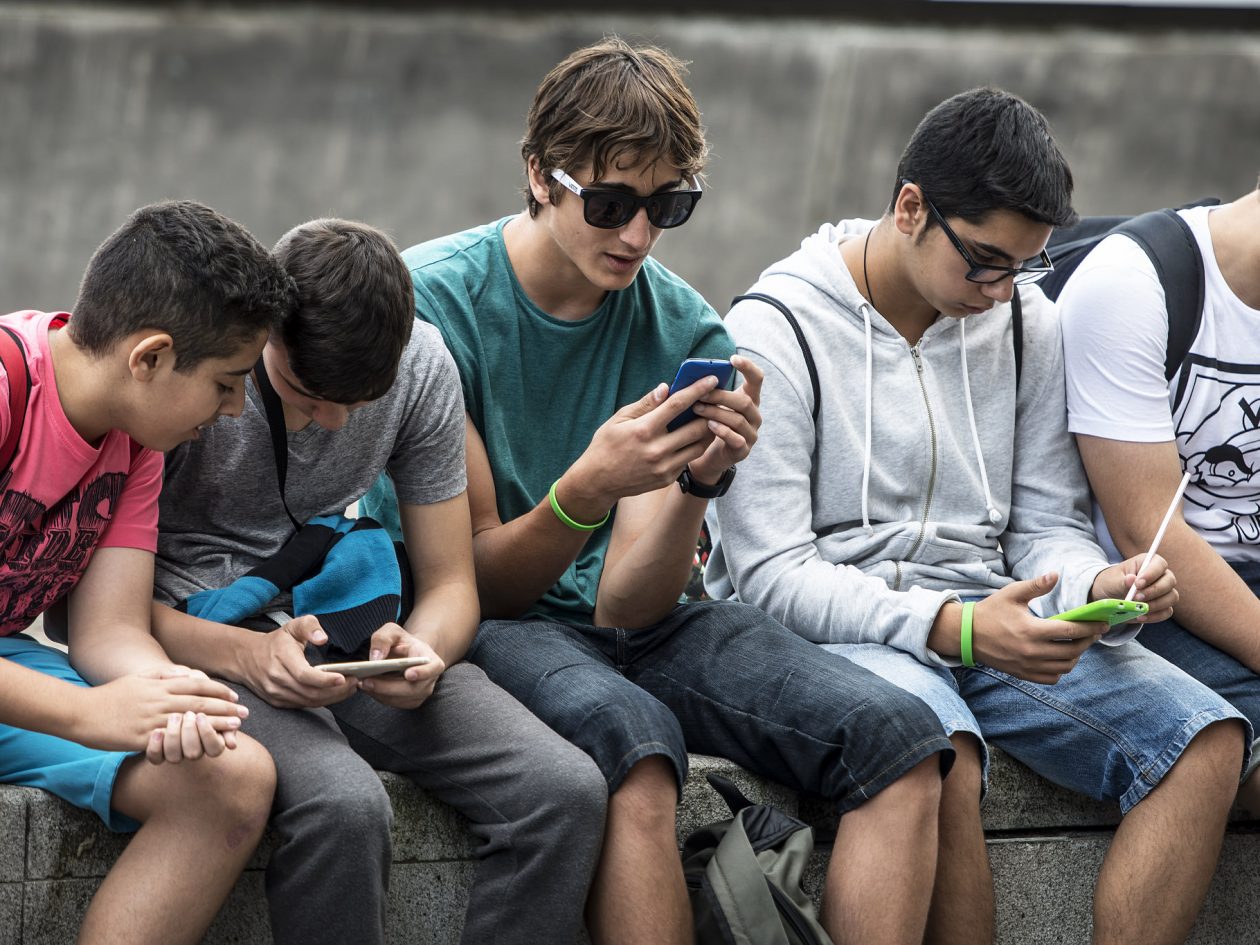The House of Commons Science and Technology Select Committee has concluded that social media companies must be subject to a legal duty of care to help protect young people’s health and wellbeing when accessing their sites.
The Committee today releases its latest Report, Impact of social media and screen-use on young people’s health, which highlights the benefits of social media, while also revealing the potential risks children face when accessing social media. The Report suggests what can be done to protect young users when they are online.
ISER had submitted a body of its recent ESRC-funded research to the Committee Inquiry. Our key findings are:
-
The use of screen-based media – whether that be playing games, using social media, or watching TV – has an impact on children’s wellbeing. Our work has found that, overall, young people who use screen-based media heavily were less happy and more likely to have socio-emotional difficulties than moderate users. Chatting on social networking websites was associated with lower odds of happiness and higher odds of socio-emotional difficulties. Using games consoles was associated with higher odds of socio-emotional problems. Higher total screen-based media use was associated with lower odds of happiness and higher odds of socio-emotional difficulties. On the other hand, greater participation in sport was associated with higher odds of happiness and lower odds of socio-emotional difficulties.
-
There is a gender difference in social media use in tweens and teens: we found that girls used social media more than boys, and were more likely to have problems with their wellbeing as they reach their later teenage years.
-
Half of girls aged 13 were using social media for more than one hour a day, but only a third of boys of the same age. By age 15, both boys and girls had increased the amount of time spent on social media, but using it for more than one hour a day was still more common among girls (59 per cent) than boys (46 per cent).
-
Both boys and girls saw a decline in wellbeing by age 15, but the decline was greater for girls, and especially for the girls using social media the most.
-
Our findings suggest that it is important to monitor early interactions with social media, particularly in girls, as this could have an impact on wellbeing later in adolescence and perhaps throughout adulthood. Time limits, in-built into devices or programmes, could be beneficial in protecting wellbeing if they are restricting the amount of time young people spend on social media.
